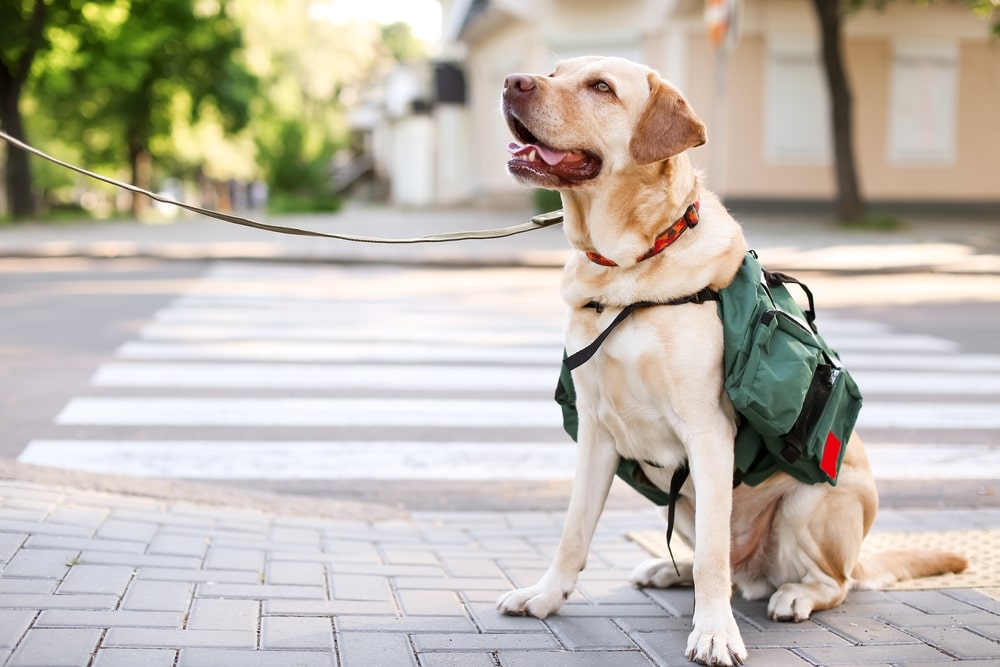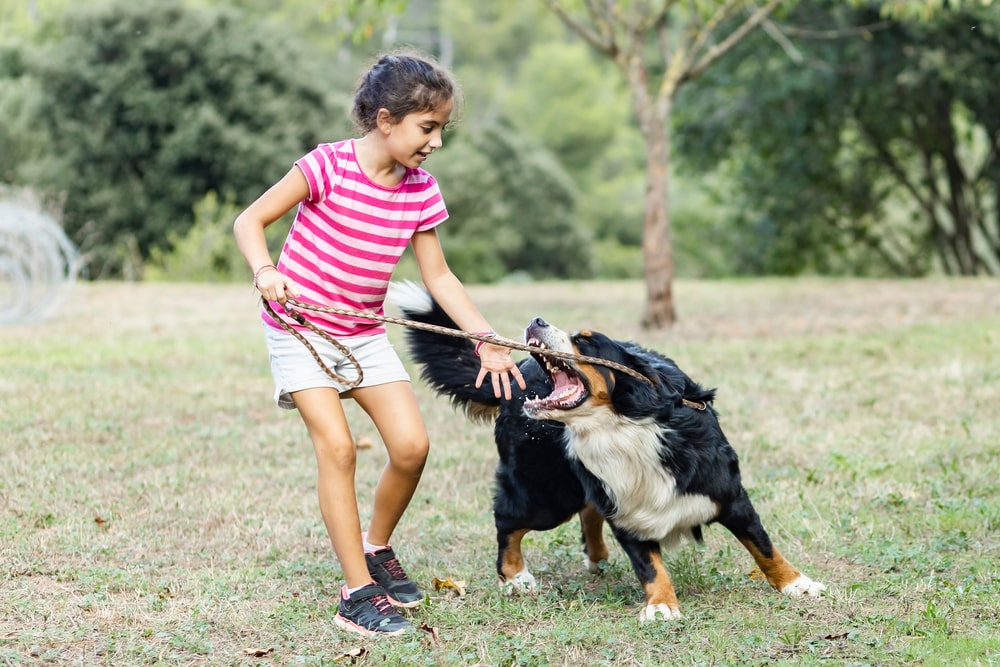
Illinois has clear rules for how dogs should be handled outside. These laws help keep pets, people, and public spaces safe. When dog owners follow the rules, they prevent accidents and avoid legal trouble. Understanding Illinois pet laws is a key part of being a responsible pet owner. Whether it’s leash rules, penalties for violations, or steps to take after an incident, knowing these laws can make a big difference.
Overview Of Illinois Outdoor Dog Laws And Regulations
Outdoor dog regulations in Illinois require owners to control their pets at all times. Whether a dog is being walked in a neighborhood, taken to a park, or outside in an unfenced yard, it must be supervised properly. Dogs shouldn’t be left alone in public spaces or allowed to roam freely.
According to the Animal Control Act, Illinois dog owners are required to contain their pets in some form. The Illinois dog leash requirements vary depending on the city or county. In most places, dogs must be kept on a leash when outside their owner’s private property unless they’re in a designated off-leash area.
This helps prevent accidents and ensures people and other animals are protected. The rules may be different for a dog park. Generally, dog parks have less strict leash requirements compared to other public spaces.
Dogs must also have proper vaccinations, including rabies shots, which are required by law. Identification tags with the owner’s contact details help lost pets find their way home. These basic laws help keep communities safe and prevent unnecessary problems.
The Importance of Understanding and Following Leash Laws
Leash laws exist to protect people and animals. Even a well-trained dog can behave unpredictably in certain situations. Keeping a dog on a leash makes it easier to control, reducing the risk of bites, fights with other animals, or accidents in busy areas. Following leash laws is also important for a dog’s safety. A loose dog may run into traffic, get lost, or come across aggressive animals. A simple leash can prevent dangerous situations.
Illinois dog leash requirements also help prevent conflicts between pet owners and local authorities. Ignoring leash rules can lead to fines or complaints from neighbors. Following these laws makes outdoor outings safer and stress-free.
Consequences of Violating Illinois Outdoor Dog Laws
Ignoring outdoor dog regulations in Illinois can lead to serious problems. If a dog is off-leash in a public space where it shouldn’t be, owners may have to pay fines. In some cases, repeated violations can result in legal action or restrictions on pet ownership.
The penalties for violations are generally set by the municipal authorities. For example, in Chicago, it is not permissible by law for a dog to be off-leash in public areas. Violations can result in a $300 fine. If the off-leash dog causes severe injuries or fatality, the fines increase up to $10,000. There are also penalties for animal cruelty. For example, if the pet is left outside in extreme weather, penalties in Illinois could include up to one year in jail and a $2500 fine.
If a dog bites or injures someone while roaming freely, the owner may be held responsible. Medical bills, legal fees, and compensation costs can add up quickly. An owner who fails to follow safety rules may even face lawsuits.
Beyond legal penalties, violations can also impact the dog. In some cases, authorities may require additional training or stricter containment measures. Responsible pet ownership helps avoid these consequences. Dog owners in the state may also be held responsible for not providing humane care to their pets, such as providing veterinary care and adequate shelter. Hurting or neglecting a pet is animal cruelty. It’s against the law, and violators can be punished.
Legal Definitions and Implications of “Dog Running At Large”
Dogs that aren’t properly contained or supervised can pose significant risks to the public and themselves. The term “dog running at large” refers to any situation where a dog is loose and not under the direct control of its owner. This issue isn’t just about pet safety, it’s also a legal matter.
Illinois law is clear that owners must ensure their dogs remain secured within their property or are properly leashed in public. If a dog is found roaming freely, its owners may be held responsible for any harm or damage caused. Understanding the implications of this law helps prevent accidents and legal trouble.
Why It Matters
A dog running at large means it’s loose and outside its owner’s control. This can happen if a dog escapes from a yard, is left unleashed in a public place, or wanders into someone else’s property. It may chase wildlife, enter dangerous areas, or get into fights with other animals. Even friendly dogs can cause problems if they startle people or run into traffic. Authorities take this issue seriously because it increases the chances of accidents and injuries.

Legal Penalties and Responsibilities
The Chicago Municipal Code has rules to stop problems with loose dogs. These rules help keep people and animals safe. Owners are responsible for their dogs if they’re found running at large. If a dog causes harm or damages property while loose, the owner may have to pay for medical expenses or repairs.
A dog bite incident can lead to even more serious legal consequences. In these situations, an owner may need to work with an Illinois attorney for dog attacks to understand their rights and possible penalties.
In cases where a dog repeatedly escapes or is involved in aggressive incidents, stricter containment rules may apply. Owners should make sure their pets stay safe and follow the laws to avoid legal problems.
How Dog Bite Laws Can Assist With Legal Issues Stemming From Dog Law Violations
Legal troubles related to dog ownership can be overwhelming. If a dog bite occurs or an owner faces a legal complaint, getting the right help is important. Dog Bite Laws offers guidance and legal resources to pet owners dealing with these issues. Whether an owner is facing a lawsuit, fines, or restrictions on their pet, professional advice can help them understand their options.
Animal bites can be serious. Owners are responsible if their dog bites someone. A person convicted of breaking dog laws may face fines or other punishments. Legal assistance is especially important in cases where a dog’s future is uncertain. Some violations may lead to severe penalties, but expert support can help owners handle the situation in the best possible way.
Safety Tips For Dog Owners to Avoid Legal Troubles
Dog owners can take simple steps to avoid problems. Keeping a dog leashed in public, securing fences, and supervising outdoor time are key ways to stay compliant with the law. Proper training helps prevent unpredictable behavior. A well-trained dog listens to commands, reducing the risk of aggressive reactions or dangerous situations.
Being prepared for emergencies also matters. Owners should know how to react if a dog shows signs of aggression or gets loose. Understanding how to respond and even defending yourself from a dog attack if necessary can prevent injuries and legal trouble.

